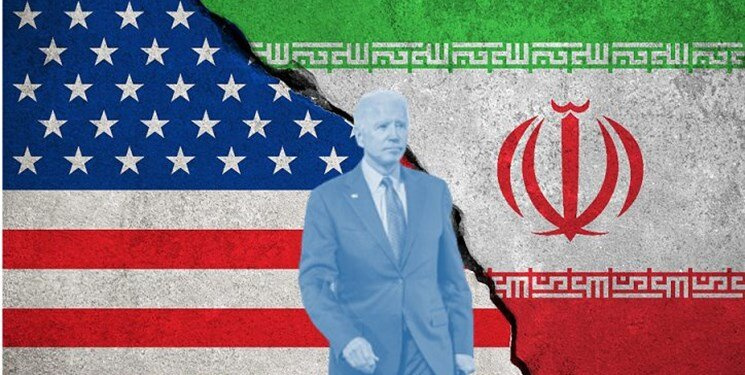U.S. eyes easing restrictions on Iran without lifting key sanctions: report

Citing four people familiar with the Biden administration’s thinking, Bloomberg said the options U.S. officials are debating include providing backing for International Monetary Fund lending to Tehran for coronavirus relief and easing up on sanctions that have stymied international coronavirus aid from getting into Iran. Such moves could be justified on humanitarian grounds.
The people said Biden could also sign an executive order reversing Trump’s decision to quit the multinational deal, but issuing sanctions waivers to allow Iran to sell oil on the international market isn’t currently under serious consideration.
Biden officials have said the U.S. is willing to return to the Iran nuclear deal, officially known as the Joint Comprehensive Plan of Action (JCPOA), but they stopped short of laying out any plan to revive the deal, though Biden had vowed during his election campaign that he would rejoin the JCPOA if Iran returned to strict compliance with the deal.
Biden had promised in a mid-September op-ed for CNN that he will offer Iran a credible path back to diplomacy if it returns to strict compliance with the JCPOA. Biden reiterated this position after winning the U.S. election in November but said that reviving the deal would be hard and very difficult in what appeared to be a calculated policy of tempering expectations from his administration in terms of quickly reversing Trump’s policy on Iran.
If true, the Bloomberg report now confirms that Biden seriously considers reneging on his campaign promise to revive the JCPOA. Because Iran is unlikely to accept a U.S. return to the deal without getting the oil and banking sanctions lifted.
Independent pundits have also said that Iran may refuse to fully implement the deal if the U.S. continues to procrastinate.
“Unless Iran’s central bank is going to be allowed to freely operate in the international banking system, Iran is not going to accept returning to compliance with the JCPOA,” Kenneth Katzman, a senior analyst on West Asia issues at the nonpartisan Congressional Research Service, told an Atlantic Council event last week. “The central bank is the hub of Iran’s international banking activity.”
Iran has said that it will resume implementing the deal when the U.S. returns to compliance with it. Iran has said it will move step-by-step to revive the JCPOA.
Mahmoud Vaezi, the Iranian president’s chief of staff, outlined in January how Iran would deal with a possible return of the U.S. to the nuclear deal, officially known as the Joint Comprehensive Plan of Action (JCPOA). He pointed out that Iranian officials have made it crystal clear that in the next era, Iran’s policy would be “commitment for commitment”, “implementation for implementation,” and “announcement for announcement.”
Iran recently said that EU foreign policy chief Josep Borrell can choreograph this process.
In a recent interview with CNN's Christiane Amanpour, Iranian Foreign Minister Mohammad Javad Zarif said Borrell can “choreograph” the process of reviving the deal.
According to Zarif, there can be a mechanism through which Borrell would synchronize or coordinate what can be done to revive the JCPOA.
“JCPOA has a mechanism built into the deal that is the Joint Commission. And the Joint Commission has a coordinator. The coordinator has two hats – it used to be Federica Mogherini now it is Josep Borrell. He has two hats; One hat is he is the high representative of the European Union for foreign defense policy. The other hat is the coordinator of the Joint Commission. He can put his hat as the coordinator of the Joint Commission and sort of choreograph the actions that are needed to be taken by the United States and the actions that are needed to be taken by Iran,” Zarif stated.
Source: Tehran Times

